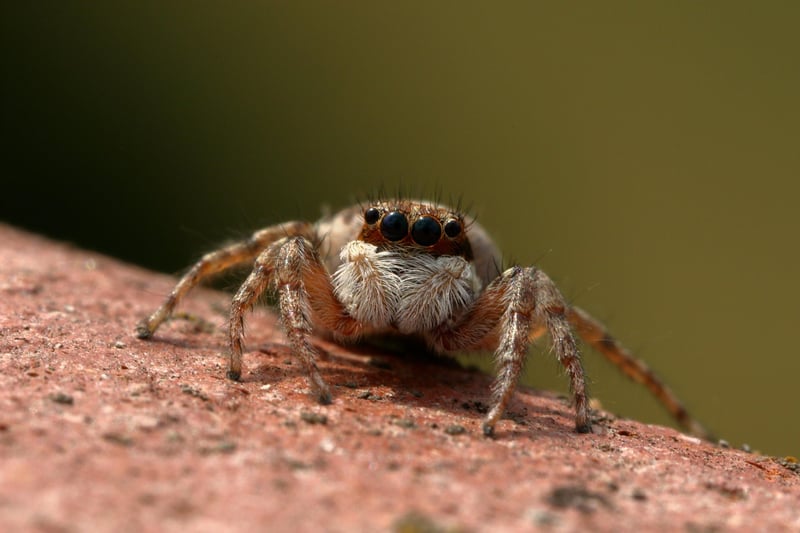Natural Predators
Protecting Your Garden with Natural Predators
Your garden is a sanctuary of beauty and sustenance, but it can also be a battleground against pests that threaten your plants. While chemical pesticides can be effective, they can also harm beneficial insects and disrupt the ecosystem. One natural and eco-friendly way to protect your garden is by enlisting the help of natural predators.
1. Ladybugs
Ladybugs, also known as ladybirds or lady beetles, are beloved for their striking appearance and voracious appetite for aphids, mealybugs, and other soft-bodied insects that can damage your plants. By attracting ladybugs to your garden, you can keep these pests in check without resorting to chemicals.

2. Praying Mantis
The praying mantis is a formidable predator that feeds on a wide range of insects, including caterpillars, aphids, and beetles. These stealthy hunters can be a valuable asset in controlling pest populations in your garden.

3. Lacewings
Lacewings are delicate insects with a ferocious appetite for aphids, mealybugs, and other small pests. Their larvae, often called aphid lions, are particularly voracious predators that can help keep your plants pest-free.

4. Birds
Birds are natural predators that can help control insect populations in your garden. Attracting birds with bird feeders, bird baths, and native plants can create a welcoming habitat that encourages these feathered allies to visit your garden and feast on pests.

By inviting these natural predators into your garden, you can create a balanced ecosystem that minimizes pest damage while supporting biodiversity. Embracing natural solutions not only protects your plants but also contributes to the health of the environment.
Remember, it's essential to avoid using harmful chemicals that can harm beneficial insects and disrupt the delicate balance of your garden. Instead, work with nature by harnessing the power of natural predators to safeguard your garden's beauty and productivity.
